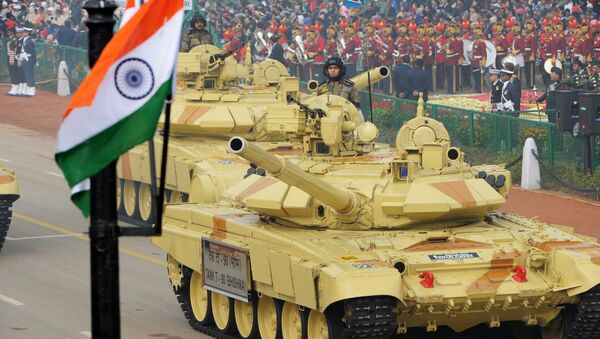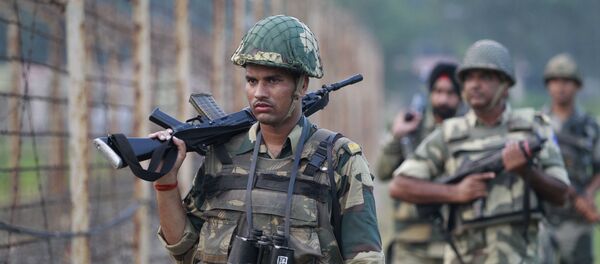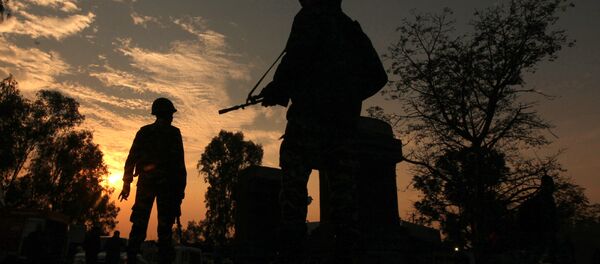Israel furnished a few thousand missiles and advanced unmanned aerial vehicles (UAVs) to India, while Moscow supplied New Delhi with tank parts, a few thousand anti-tank missiles and engines for the T90 tank, Indian’s chief battle vehicle. India also received multi-barrel rocket launchers from Russia.
The exact number of weapons has not been made public, but is said to be enough to arm both the Indian Army and Navy, and includes anti-personnel grenade launchers, high-explosive bombs, and armour for troop-carrying vehicles.
Under the leadership of senior officials, two "empowered committees" were dispatched to Israel and Russia toward the end of 2016 to make quick buys, known as "off-the-shelf purchases." The committees have the ability to negotiate and can make immediate buying decisions.
Most of the shipments are being airlifted from Israel and Russia to India.
The secretive purchases were likely spurred on by recent strikes by Indian Special Forces in Pakistan-controlled Kashmir, as well as the aggressive stance of Islamabad’s military.
An unnamed senior official told Huffington Post India that, "It is wise to be prepared," while another unnamed Ministry of Defence (MoD) senior official suggested that "The emergency purchases are aimed at replenishing and maintaining a minimum level of preparedness for any eventuality."
Earlier this month Indian Army Staff Chief General Bipin Rawat told the media that obsolete weapons and a depleted stock, "in case of a two-front war is of concern.” By "two-front war" Rawat was describing a scenario in which New Delhi would simultaneously engage China and Pakistan in conflict. He added that India’s military is prepared to handle ongoing proxy wars in Kashmir and Jumma.
New orders continue to be placed as existing orders are delivered.




